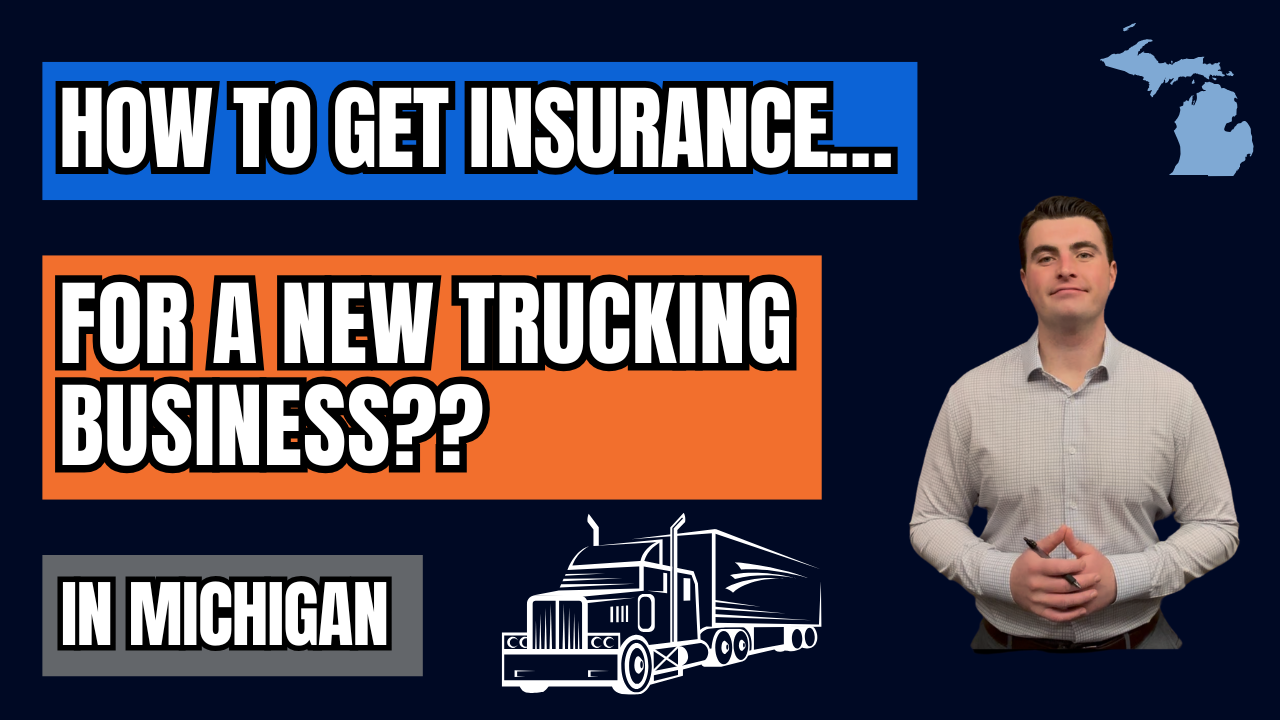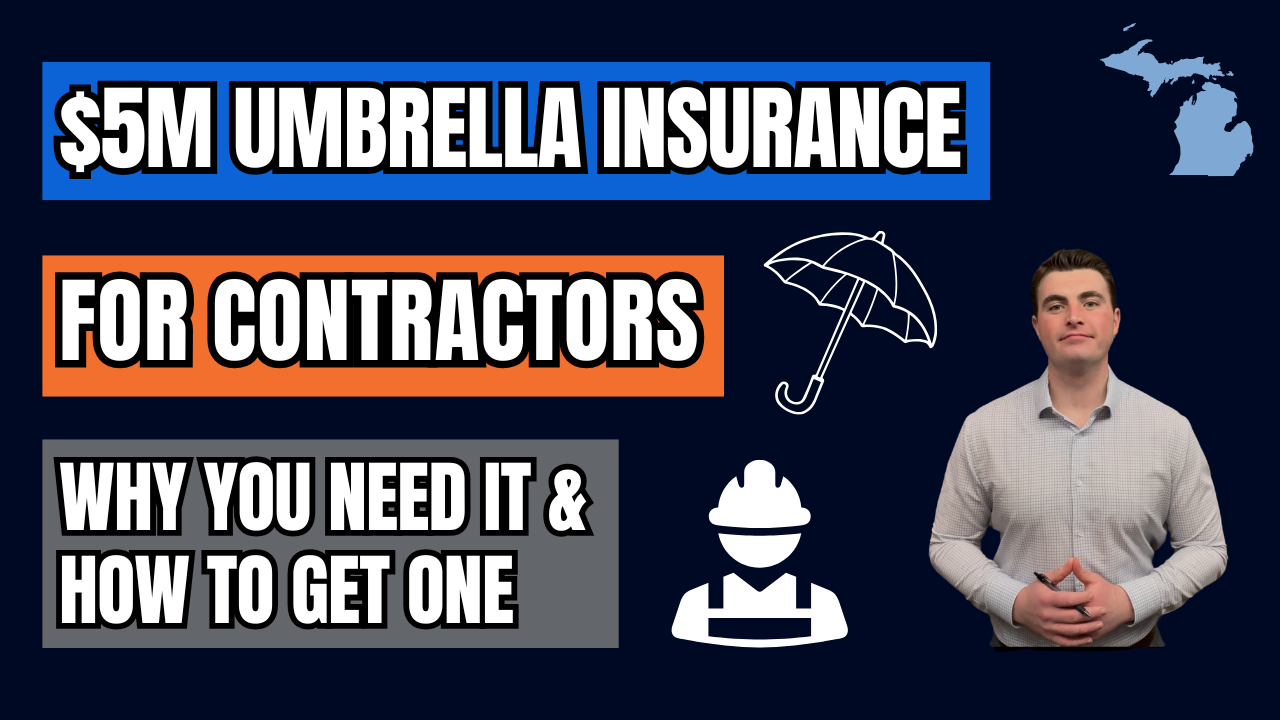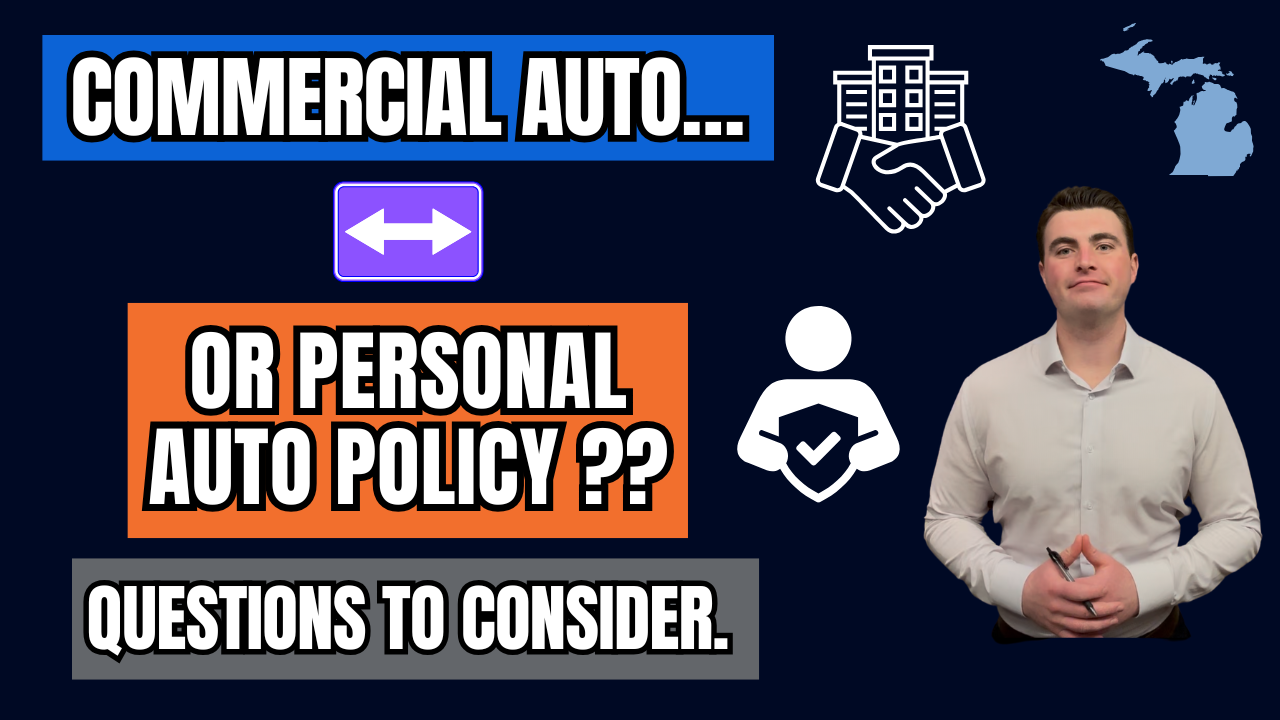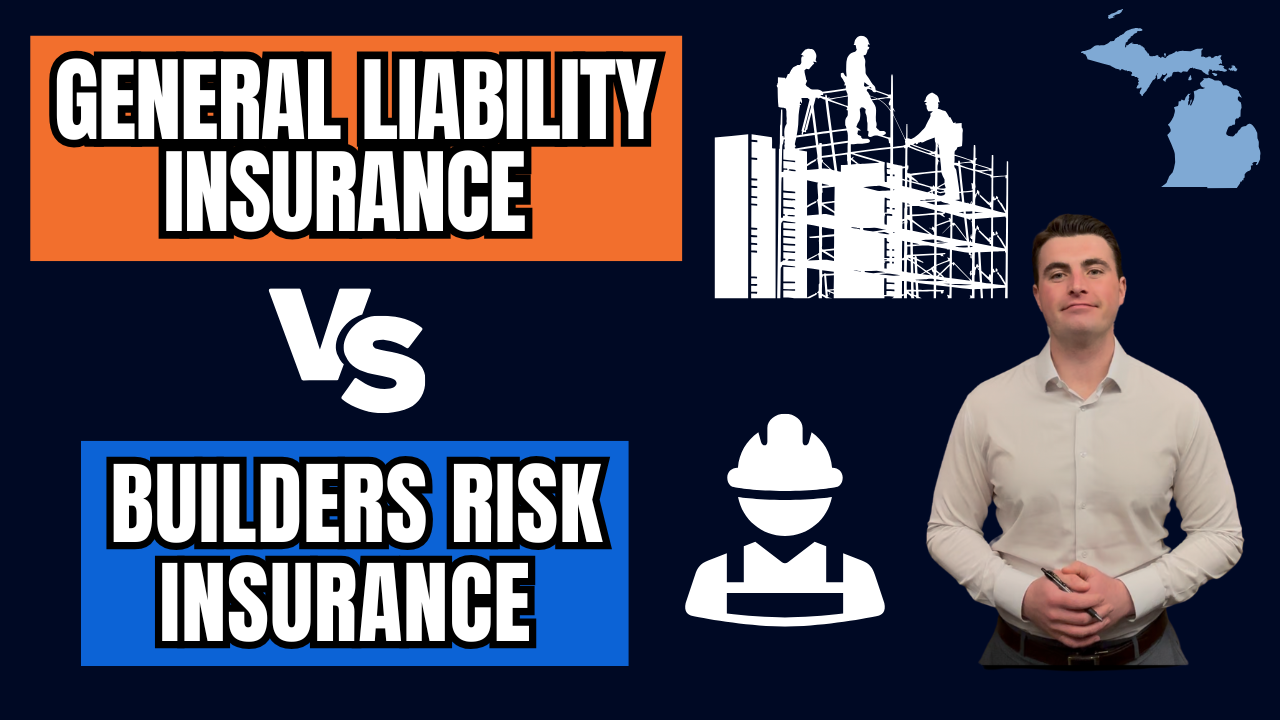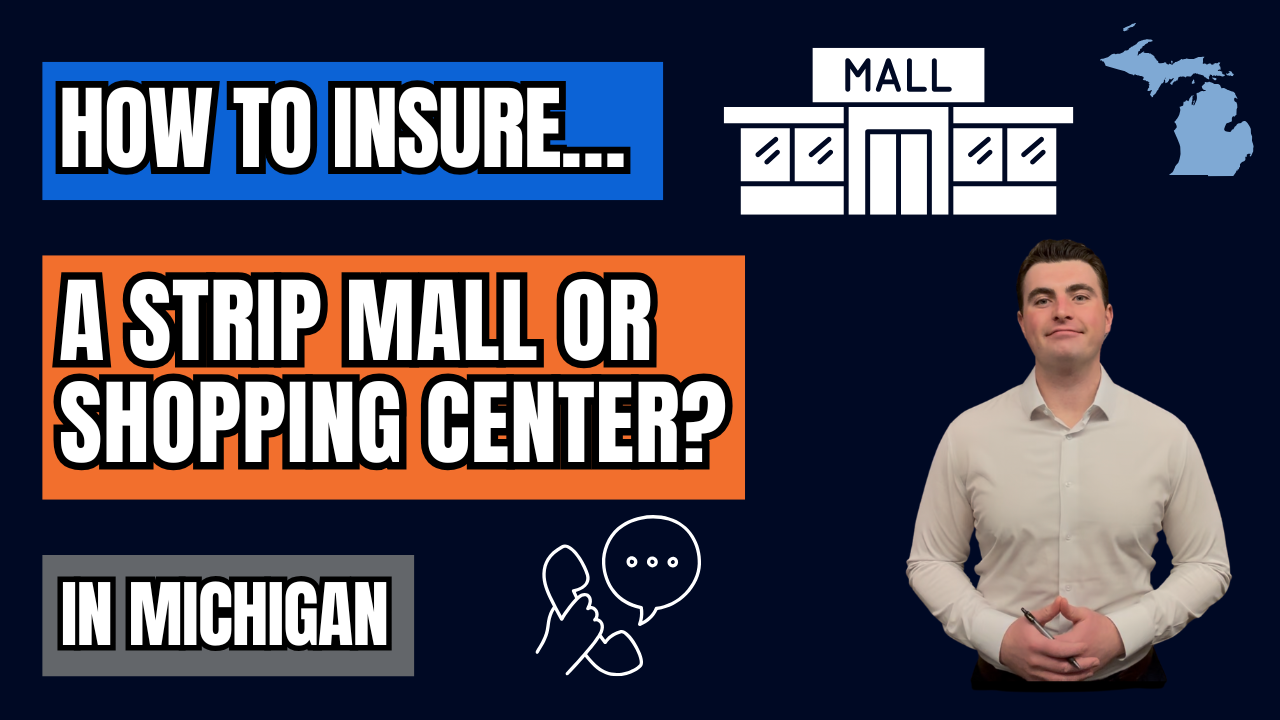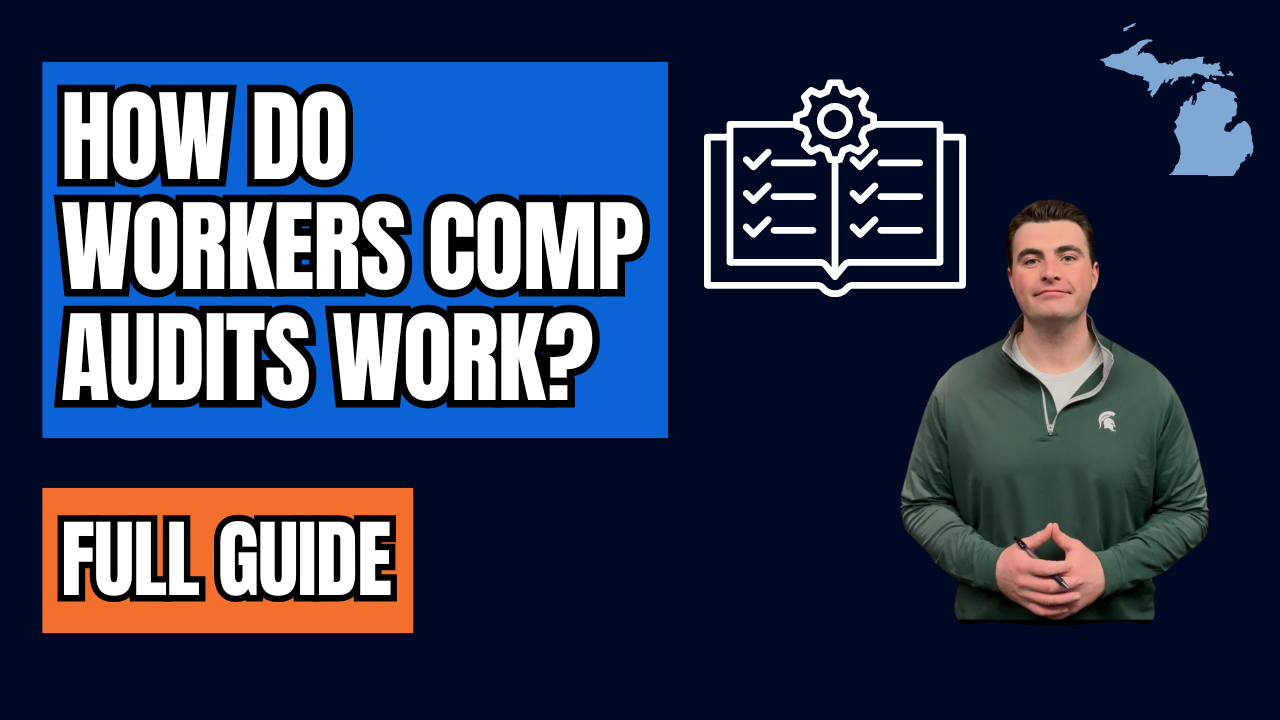Michigan Auto Insurance Requirements: What Coverages Are Mandatory?
Michigan Auto Insurance Requirements: What Coverages Are Mandatory?
If you're driving in Michigan, it's not just a smart idea to have auto insurance—it’s the law. But what exactly is required? In this guide, we’ll break down the mandatory coverages for Michigan drivers and explain why choosing higher limits may save you from major financial headaches later on.
1. Bodily Injury Liability Coverage – Required
What it covers:
Bodily Injury Liability pays for injuries to other people if you're found legally responsible for an accident.
Michigan State Minimum:
- $50,000 per person
- $100,000 per accident
While these are the legal minimums, they may not be enough to protect your finances if you're involved in a serious accident.
We strongly recommend increasing your limits to at least $250,000 per person / $500,000 per accident (250/500 limits).
Did you know: if you select limits below 250/500, you'll be required to sign a waiver acknowledging the increased risk you're taking on?
2. Personal Injury Protection (PIP) – Required
What it covers:
PIP covers
your own medical expenses if you're injured in an accident—regardless of who is at fault. In Michigan's no-fault system,
your auto insurance—not your health insurance—pays for your injury care.
Coverage Options:
Michigan allows drivers to choose their level of PIP coverage, but we
highly recommend selecting Unlimited PIP. It ensures that your medical bills are fully covered, even in severe accidents.
Choosing lower PIP limits may save on premiums now but could lead to massive out-of-pocket costs later.
3. Uninsured & Underinsured Motorist Coverage – Optional but Essential
What it covers:
This coverage protects
you and your passengers if you're injured by a driver who either has no insurance or not enough insurance.
We suggest matching your Bodily Injury Liability limits—so if you carry 250/500 liability coverage, do the same for your Uninsured & Underinsured Motorist coverage.
This coverage is typically very affordable and offers critical protection in real-world accident scenarios.
4. Collision & Comprehensive – Optional but Recommended
These coverages protect your own vehicle, and while not legally required by the state, they may be required by your lender or leasing company.
- Collision covers damage to your car from an accident—regardless of fault.
- Comprehensive covers non-collision events like theft, vandalism, falling objects, and weather damage.
Even if you own your vehicle outright, these coverages are often worth keeping to avoid unexpected repair or replacement costs.
Final Thoughts: Don’t Just Meet the Minimum—Protect Yourself Fully
Michigan drivers are required to carry certain minimum insurance coverages—but choosing only the legal minimum may not be enough.
The truth is, liability, PIP, and uninsured motorist coverages are often the least expensive parts of your policy, yet they provide the most critical protection. Opting for higher coverage limits is one of the best decisions you can make to protect yourself, your passengers, and your finances.
📞
Need help reviewing your Michigan auto insurance policy?
We’re here to walk you through your options and help you choose the coverage that fits your life and budget. Contact us today.
Contact Us
We will get back to you as soon as possible.
Please try again later.




